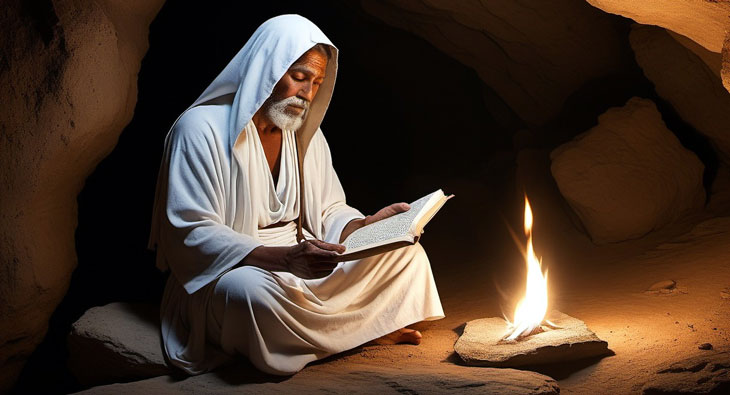
Not Putting Away My Spade
This segment stopped me cold.
For as long as I can remember I welcomed solitude. As a kid I adventured alone in the woods, and I had an appetite for books. Perhaps I understood then what philosophy affirmed later to my adult self: “the world” is a product of what we can manage, or dare, to imagine. The world of humankind is a “made” world. All of us are makers, the possibilities are as wide and deep as the ocean.
In my love affair with philosophy on occasion I have noted when others “step back,” a facial expression of confusion, of concern. Beyond the obvious absence of “cash value” in reading and writing philosophy, is there discomfort that the philosophically oriented cannot be trusted? No question but the discomfort is fact. Sometimes family members show uneasiness that I’ve not simply staked-out a homestead, to just settle in with a conventional view of things. I am not a joiner. I recognize that my fate defines a sense of self that is an outsider, one who observes at a distance, a felt discomfort with the backslapping, hail-fellow-well-met, go-along-to-get-along social and political norm. You can “work a room” and lose yourself thereby.
“Guilty as charged”- there is an arbitrary side to the practice of philosophy. Inevitably another angle of view presents itself, another pattern of understanding which can be explored, and handily used as an apt tool, or perhaps mastered as a standard of beauty, or of culinary excellence, etc., etc.. Why must one have a final (ultimate) opinion?
Would you prefer to risk: building a blockhouse of defense for his/her church, for an economic theory, for patriotism, for a holy book, etc., etc.. On the other hand would you prefer “digging deeper”? What if you know well that others shudder at “another abyss”?
I cannot be certain but what you are willing to risk, is a matter of fate. It’s not as if you have a choice.
The hermit
does not believe that a philosopher
– given that a philosopher was always a hermit first
– has ever expressed his actual and final opinions in books:
don’t people write books
precisely to keep what they hide to themselves?
In fact, he will doubt
whether a philosopher could even have
“final and actual” opinions,
whether for a philosopher every cave
does not have, must not have, an even deeper cave behind it
– a more extensive, stranger, richer world above the surface,
an abyss behind every ground,
under every “groundwork.”
Every philosophy is a foreground philosophy
– that is a hermit’s judgment:
“There is something arbitrary in his stopping here,
looking back, looking around,
in his not digging any deeper here,
and putting his spade away
– there is also something suspicious about it.”
Every philosophy conceals a philosophy too:
every opinion is also a hiding place,
every word is also a mask.
Beyond Good and Evil, by Friedrich Nietzsche, trans. by Judith Norman, aphorism 289